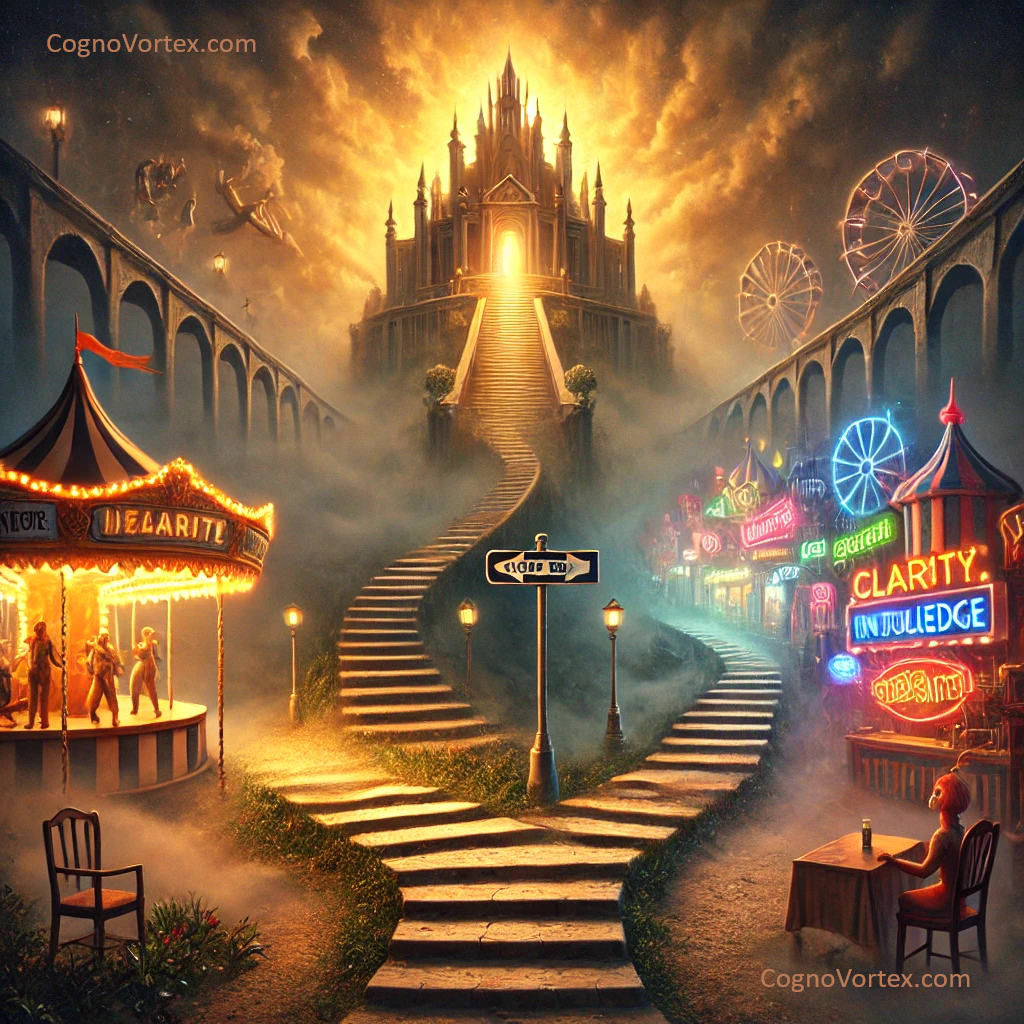Choice is the byproduct of incomplete understanding. To the mind fully attuned to its environment, the act of choosing would scarcely arise, for one option would outshine all others in clarity and alignment with the desired outcome. Where evaluation falters, however, the shadow of choice grows long, creating a paradox: the more options perceived, the less certainty one has about any single course of action.
Ignorance fuels this proliferation of options. It multiplies scenarios, hedges against unseen risks, and fabricates contingencies, leaving the chooser adrift in a fog of indecision. Yet this ignorance is not inherently malevolent—it is an acknowledgment of limitation. It signals an honest confrontation with the finite capacity to know, a safeguard against the arrogance of premature certainty.
However, the line between ignorance and negligence is narrow. To face choices without striving for greater discernment is to court dereliction. The burden of choice, then, is a teacher, not a tormentor. Its weight serves as a reminder to refine perception, to sharpen evaluation, and to pursue knowledge as a salve against the oppressive surplus of possibility.
Where knowledge begins to cohere, choice recedes. The most significant acts of living are often those that feel inevitable, not because they were compelled, but because they arose naturally from the clearest apprehension of necessity.
